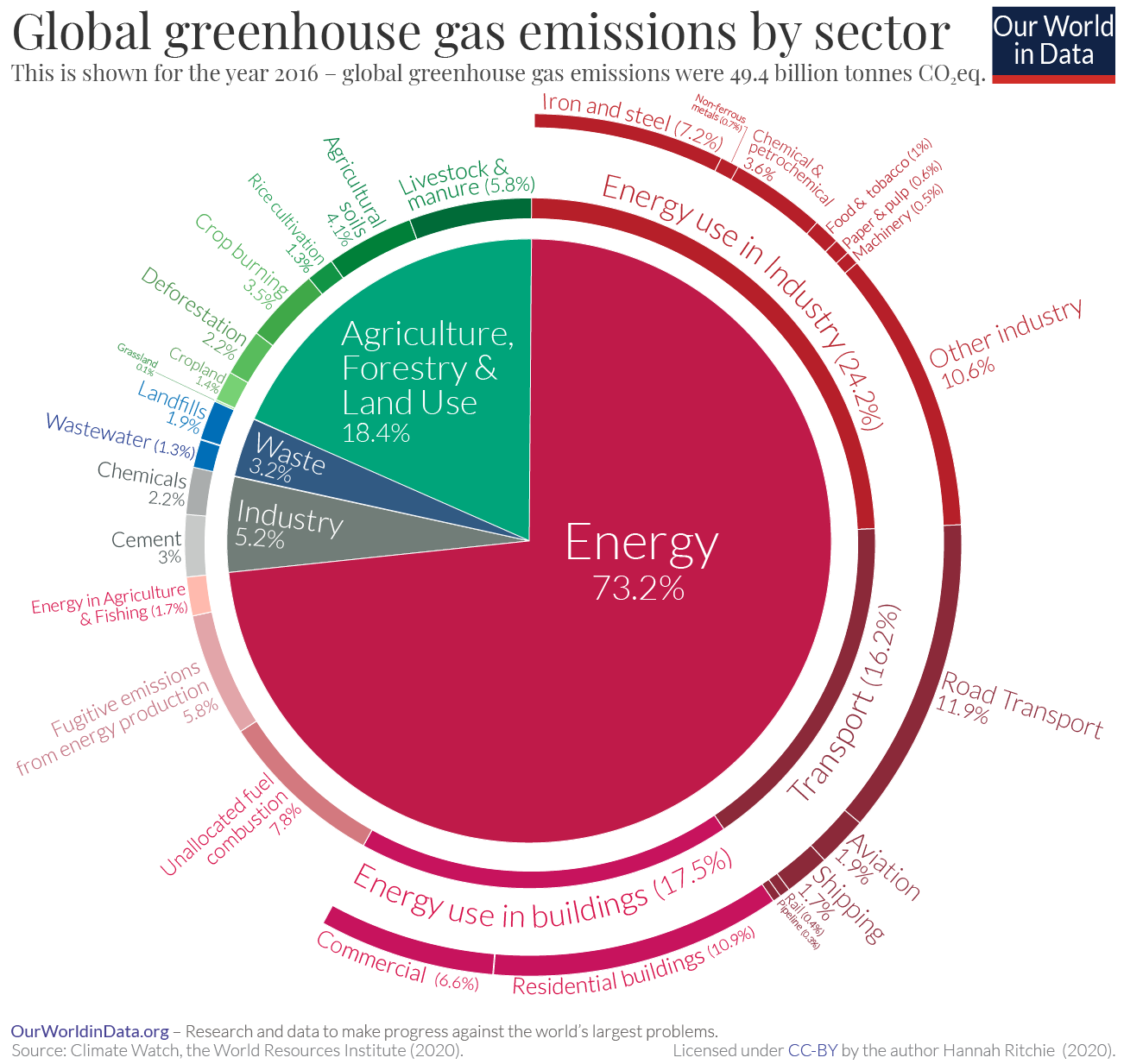If the non-food products (which account for about 40% of the animal) are accounted for, the food-CO2 falls by ~40% to about 51.
This doesn't seem to take into account methane production and its effect on the climate either, which would probably put cows and pigs much higher.





